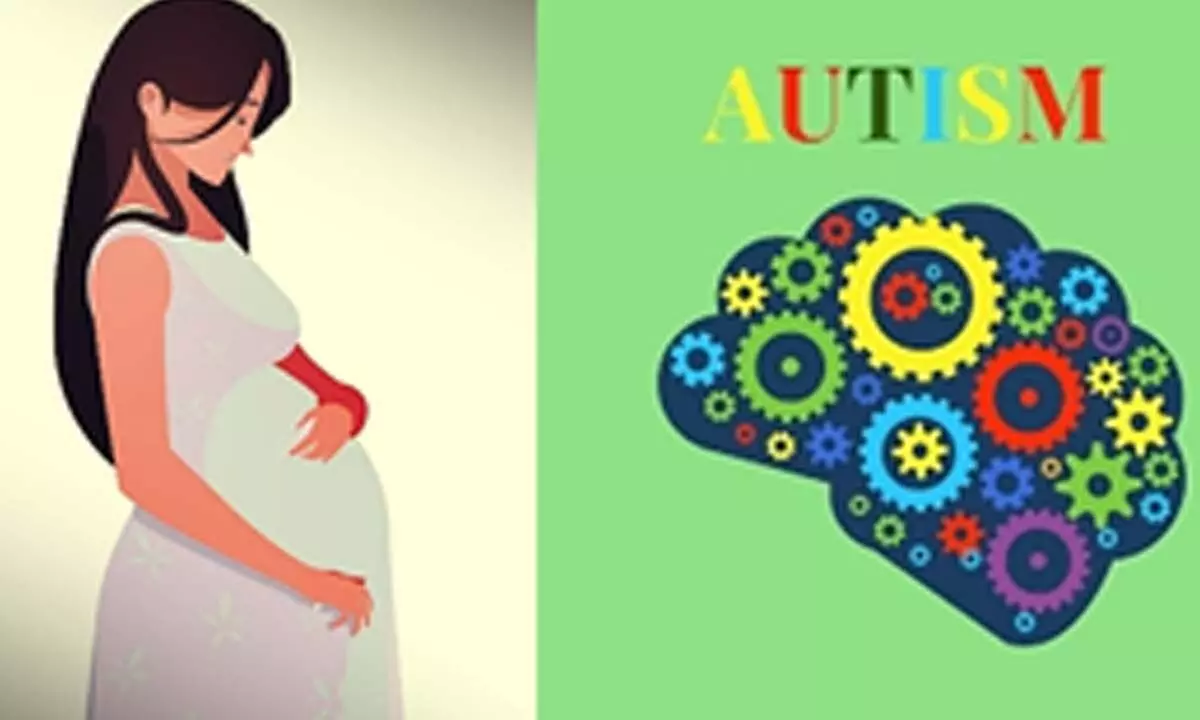Study links BPA exposure in pregnancy to increased autism risk in sons
Share :

Higher levels of the plastic chemical bisphenol A (BPA) in pregnant mothers are more likely to give birth to sons with autism, a new study has found.
New Delhi: Higher levels of the plastic chemical bisphenol A (BPA) in pregnant mothers are more likely to give birth to sons with autism, a new study has found.
The study led by Wah Chin Boon and Professor Anne-Louise Ponsonby, The Florey Institute of Neuroscience and Mental Health, supports the hypothesis of a possible link between autism and exposure to plastic chemicals in the womb.
Ponsonby said the researchers analysed two large birth cohorts – the Barwon Infant Study (BIS) in Australia and the Columbia Centre for Children’s Health and Environment in the USA.
"Exposure to plastic chemicals during pregnancy has already been shown in some studies to be associated with subsequent autism in offspring," Ponsonby said.
"Our work is important because it demonstrates one of the biological mechanisms potentially involved. BPA can disrupt hormone-controlled male fetal brain development in several ways, including silencing a key enzyme, aromatase, that controls neurohormones and is especially important in fetal male brain development. This appears to be part of the autism puzzle," she said.
The study examined children with lower levels of the enzyme aromatase, which in the brain converts testosterone to neuroestrogen.
The link between BPA presence and autism was particularly evident in the top fifth of boys with vulnerability to the endocrine-disrupting properties of this chemical. Boys in that group, born to mothers with higher urinary BPA levels in late pregnancy, were 3.5 times more likely to have autism symptoms by age 2 and 6 times more likely to have a verified autism diagnosis by age 11 compared to those whose mothers had lower levels of BPA during pregnancy.
In both birth cohorts, mechanistic evidence demonstrated higher BPA levels were associated with epigenetic suppression of the aromatase enzyme overall. In laboratory work, Dr. Boon found that prenatal BPA suppressed the aromatase enzyme and was associated with anatomical, neurological, and behavioral changes in male mice that may be consistent with autism spectrum disorder.
"This is the first time a biological pathway has been identified that might help explain the connection between autism and BPA," Boon said.
Ponsonby added that BPA and similar bisphenols are now widespread and almost impossible to avoid.
"It's important for us to understand how these plastics affect our health," she said.
These findings are informing public safety regulators to update safety recommendations on chemical exposure during pregnancy and early life. The team is also investigating ways to mitigate BPA's effects, with Boon noting that a fatty acid called 10-hydroxy-2-decenoic acid tested in mice could be promising.










